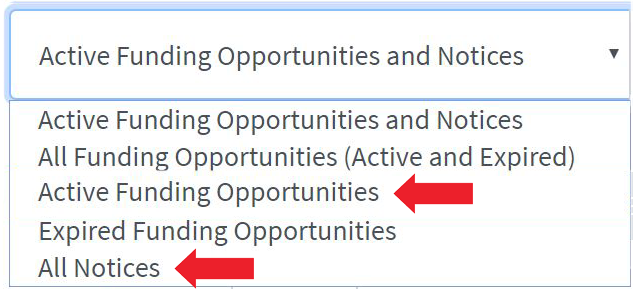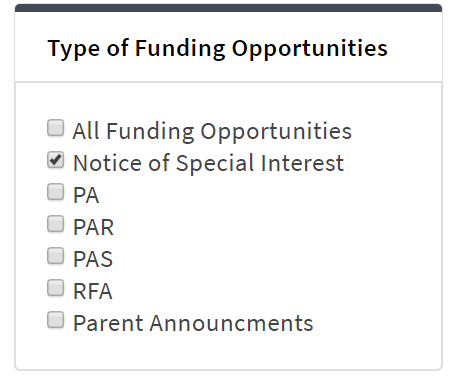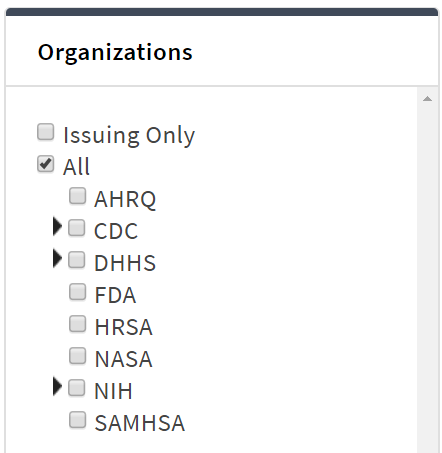
The US Department of Transportation has published a CAAP grant opportunity under CFDA 20.703 – Interagency Hazardous Materials Public Section Training and Planning Grants associated with the Department’s Pipeline and Hazardous Materials Safety Administration (PHMSA).
Section 12 of the Pipeline Safety Improvement Act of 2002 (Pub. L. No. 107-355) mandates that DOT and other designated federal agencies must “carry out a program of research, development, demonstration and standardization to ensure the integrity of pipeline facilities.”
Specifically, PHMSA’s Pipeline Safety R&D Program’s mission is to sponsor R&D projects focused on providing near-term solutions that will improve the safety, reduce the environmental impact, and enhance the reliability of the Nation’s pipeline transportation system. The goals and objectives of the CAAP initiative, as discussed below, directly support both this mission and the congressional mandate.
The CAAP initiative is intended to spur innovation by enabling academic research focused on high technical risk and high payoff solutions for many pipeline safety challenges. It will potentially deliver solutions that can be handed off to PHMSA’s core research program for demonstration and deployment. The goal is to validate proof of concept for a thesis or theory along a logical path towards commercialization.
The pipeline industry and federal/state regulators are experiencing low numbers of entry-level applicants for engineering or technically focused positions. Consequently, another goal of the CAAP initiative is to expose undergraduate and graduate research students to subject matter that is common to pipeline safety challenges, encourage them to participate in these subjects, and illustrate how their engineering or technical disciplines are highly needed in the pipeline field. The ultimate benefit would be to cultivate new talent in all aspects of the pipeline industry.








